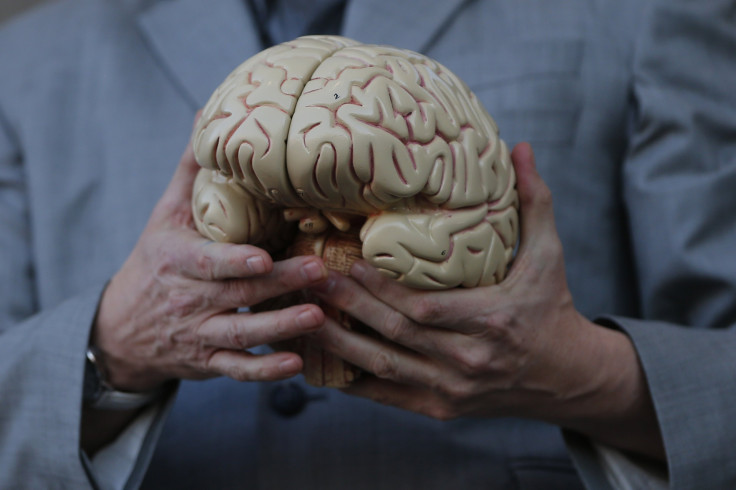Boy Has Over 15% Of Brain Removed But Develops Normally

A 12-year-old boy has retained his capacity to recognize faces and is “perfectly normal” even though one-sixth of his brain was removed when he was 6 years old.
In an astounding feat of adaptation, the other side of the boy’s brain has managed to balance the added burden of facial recognition on top of its normal functions and his intellect, visual perception and object recognition skills are also age-appropriate.
Marlene Behrmann, a professor with Carnegie Mellon University's Center for the Neural Basis of Cognition, published his case in the scientific journal Cell Reports Tuesday. "In a child's brain, there is the potential for this kind of reorganization and recovery," he said. "A child's brain is still undergoing dynamic change. It can find these novel solutions.”
Tanner Collins was just four years old when he started having seizures. His epilepsy continued and medications commonly used to treat them did not work on him. With no option left, doctors removed roughly one-third of the right hemisphere of the boy’s brain which included portions of the brain that manage sensory inputs including sight and sound.
As a result of the surgery, the boy permanently lost his ability to see anything within his left visual field. "When that part of the brain is removed, there is no receiving area for information coming from the left visual field and it's lost," Behrmann said. "That is a sad finding from this case."
After the section of brain was removed, there were chances of him having trouble recognizing the faces of those around him. However, while tracking his brain activity doctors found his brain had undertaken a juggling act to ensure he would be able to recognize faces.
“In a typical right-handed individual, face recognition is done more by the right hemisphere than the left," Behrmann said CBS News reported. "The question we had is, now he doesn't have the right hemisphere, what will the status of face recognition be? He doesn't have that region that can acquire the skill to be an expert face recognizer like we all are.”
“We saw a kind of jostling in the left hemisphere between regions engaged in word and face recognition, which resolved and settled into a new organization,” she added. "Today he is a bright, curious, introspective 12-year-old who does pretty much everything that other 12-year-olds do."
"That was a fairly large part of his brain and for him to have only some subtle changes without it, that almost seemed unrealistic," the boy’s father Carl Collins said.
"As far as I'm concerned, I'm a perfectly normal 12-year-old boy," Tanner who will be entering the seventh grade said. He enjoys swimming, volleyball, tennis and chess and wants to become a neurosurgeon when he grows up. "I like the concept of helping people's lives, especially people who have situations similar to mine,” he said.
© Copyright IBTimes 2025. All rights reserved.





















